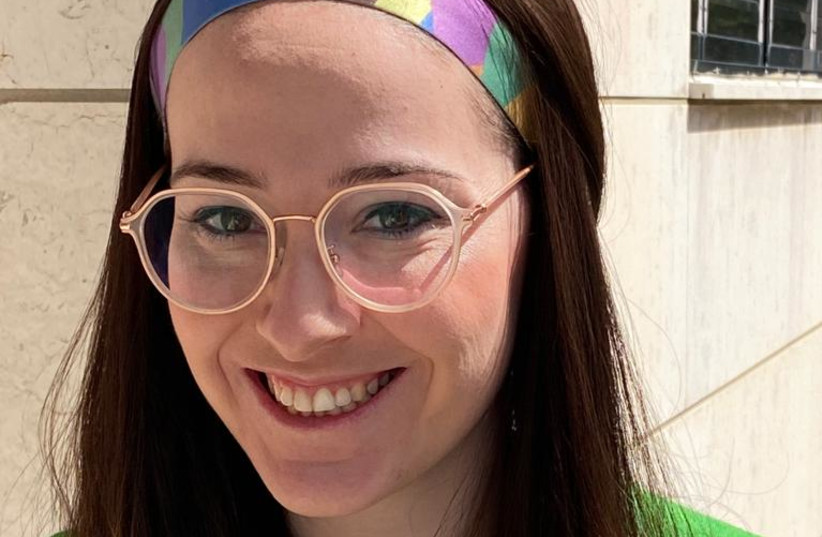In conferences, on panels and in private conversations around the country, tech executives these days continue to refer to the same issue that is currently plaguing the hi-tech sector in Israel: talent shortage. The issue itself stems from one of Israel’s greatest attributes, which is the brilliance of the minds that populate the offices and labs around the country. These minds are so brilliant, in fact, that they are in high demand around the world.
Such high demand has led to a shortage of big brains to go around, that is, so long as hi-tech recruiters keep looking in the same traditional channels. If you throw a stick at a hi-tech crowd in Israel, odds are a man who worked in an army intelligence unit will say “ouch.”
The understanding that hi-tech recruiters need to look under different rocks for smart people has led to a new wave of development in the hi-tech workforce’s diversity, which now features brilliant minds belonging to the country’s Arabs, Druze and haredi (Ultra-Orthodox) people, particularly women.
In regard to the latter, significant progress is being made. The employment rate of haredi women as of 2019 was 77%. Many of those women are moving into hi-tech.
“After high school, we were given the opportunity to choose a professional program. I like math, so I chose developing,” said Sarah Polak, a software developer at Fibo. She began her career as a software consultant before moving into the greater hi-tech industry, but stepping into the very non-haredi field was far from easy.

“It was very hard for me because I didn’t know this world,” said Polak. “Hi-tech in Israel, it’s a very close club. Everyone knows each other from the army or from college. For people from outside, like from the ultra-Orthodox community, it’s very hard to even know how to get into these companies.”
Another issue was the lack of experience, though not technical experience.
“There is a gap in skills,” Polak explained. “I’m talking about soft skills, not professional skills: knowing how to interview, how to create a LinkedIn profile, things like that.”
This lack of “soft skill” experience is part of a greater issue that stands between haredim trying to break into hi-tech, which is the significant cultural gap.
“THE GREATEST obstacle to the integration of ultra-Orthodox in workplaces is social and cultural and the self-imposed isolation of some ultra-Orthodox workers from their colleagues,” wrote Dr. Asaf Malchi in a recent study on workplace diversity focusing on haredim. “In some cases, professional gaps between ultra-Orthodox and other workers pose a serious obstacle for employers, who must make a major investment of special inputs and resources for beginning workers.”
The “self-imposed isolation” he referred to becomes easier to understand given further context.
“I come from a different life. Where I live there’s complete separation between women and men,” said Tammy Levi, a senior software engineer at Chegg. “It’s important for me to work my hardest and to be as pleasant as possible.”
“Sometimes they want to adapt their events to me, but I always say, ‘Do what you want to do and don’t try to adapt to me,’ because I feel uncomfortable to have things change according to my life,” Levi said. “It’s my decision to go that way. You don’t need to do something, especially for me at work.”
Regardless of the difficulties, more ultra-Orthodox women are finding ways to make their way into the industry – and in an ideal future, perhaps they can break out of their tokenized status.
“I always felt that this is really not an issue; my religion, or the fact that I’m a woman,” said Rebecca Hamelsdorf, a developer at Placer.ai.
She expressed that despite the hurdles, branching out into the wider workforce presents a good opportunity for success, and that success doesn’t necessitate the loss of one’s values.
“Haredi girls contact me over LinkedIn and ask if they should [move into hi-tech]. I felt that these girls were a bit afraid to go and risk not getting the respect they need,” said Rebecca. “What really matters is that a person is faithful and proud of their faith, and he’s not ashamed. Then automatically, all the people that surround them will respect them. You don’t need to compromise on your values in order to be successful in your career.”
